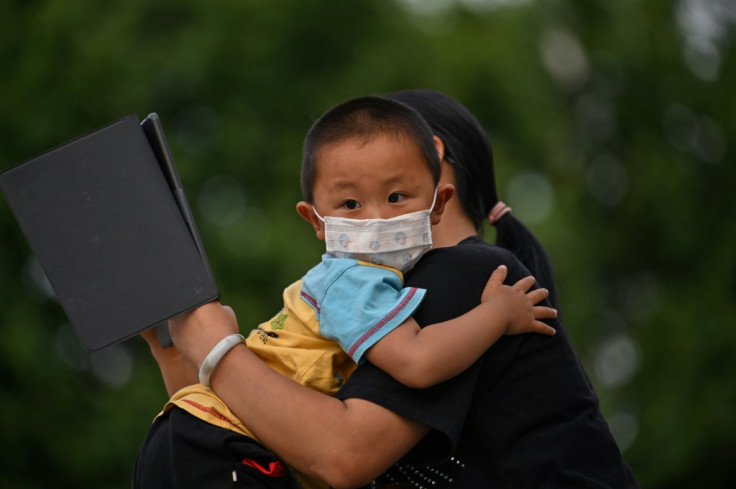Scientists discover why children are less susceptible to coronavirus infection
Scientists discover that the ACE2 receptors, which works like a door for coronavirus, is lower in children than in adults.
Scientists may have found the answer to the question as to why children are less susceptible to COVID-19 as compared to adults. The key may be in the mechanism as to how the coronavirus "attaches" itself to humans.
A study published in JAMA Network revealed that the SARS-CoV-2 virus attaches to the human cell receptor, which is more prevalent in adults as compared to children. The researchers found that the cell receptor angiotensin-converting enzyme 2(ACE2) of children is lower in number compared to adults.
Dr Supinda Bunyavanich, lead author and professor of Pediatrics, Genetics & Genomic Sciences, and a practicing immunologist at the Icahn School of Medicine at Mount Sinai in New York, highlighted that the novel coronavirus enters the body through the ACE2 receptor. She also stated in a news release to Fox News that this receptor is located primarily in the airways, heart, kidneys and the intestines.
Health experts revealed that ACE2 plays a role in regulating blood pressure. This is also what coronavirus uses in order to enter the human body and subsequently spread.
The study examined 305 patients between the ages four and 60. The group of participants was balanced in terms of gender, where 48.9 percent was male. The 49.8 percent also had asthma. Researchers then analysed the receptor found in the nasal passage tissues.
They found that the ACE2 gene expression was lowest in younger children. As age increased, the ACE2 also increased. They noted, however, that since the age group was between four and 60, they were no longer able to take samples from those older than 60.
Dr Bunyavanich said that the first point of contact with the novel coronavirus is usually the nasal passages. Because the levels of children's ACE2 gene expression are lower, their susceptibility to the virus also reduces. As a person grows older, his ACE2 also increases. "This might explain why children have been largely spared in the pandemic," he said in a release.
The study of Bunyavanich on the relationship between the nasal passages and the ACE2 gene expression could possibly pave the way into a better indicator of one's susceptibility to the virus.
© Copyright IBTimes 2025. All rights reserved.






















